Businesses are gradually porting to technological approaches because of the huge potentials the latter has. Every business or company will like to profit and in the absence of profit, such company might fold because funds are the next boost to businesses after staff.
There have been business concepts such as Mergers and Acquisition (M&A)that allows companies help each other out by providing lacking services. Another approach synonymous to M&A is shared economy.
Shared economy entails that a company or business serves as an intermediary or middlemen between service providers and the end-user. In such a scenario, the company will receive the agreed commission for the service (link-up) rendered.
Shared economy had been growing at a steady pace and its value is expected to hit the all-time profit-mark of $520 billion by the end of the year 2018. Shared economy is a good business if you really know your onion and if you can put up with its inherent problems, you’re sure to make enough profit.
Prospects
Shared economy demands you provide your idle or non-used resource such as physical properties through a third-party for other people to use such and you get money in return. Shared economy is also known as peer-to-peer and collaborative economy. One of the early proponents of this service, Ms. Robin Chase suggested that the formular for the shared economy can be aptly put as idle resources + platform + public participation= shared economy.
You don’t have to look farther for where the shared economy service is offered because companies and platforms such as Airbnb, Uber, TaskRabbit and Quora are good examples of shared economy.
Going by man’s imperfection and being an off-shoot of man’s invention, shared economy has its own share of imperfection and this implies that shared economy is gaced by problems.
Problems in Shared Economy
Shared economy is saddled with the problem of high transaction cost. If you’re seeking for service matchmaking, there are tendencies that you will be charged higher. The traditional shared economy lacks transparency because the involved parties do not get access to effective credit systems.
On the other hand, users are receiving their own share of the problem. Because there are middlemen to match-make them to a service, there data is at the mercy of such persons. In severe cases, users’ data are manipulated by such persons and in another scenario; the centralized storage system is prone to hack.
There is now a new solution to solve the problems in traditional shared economy. The solution is offered by the decentralized and distributed smart network blockchain called UChain.
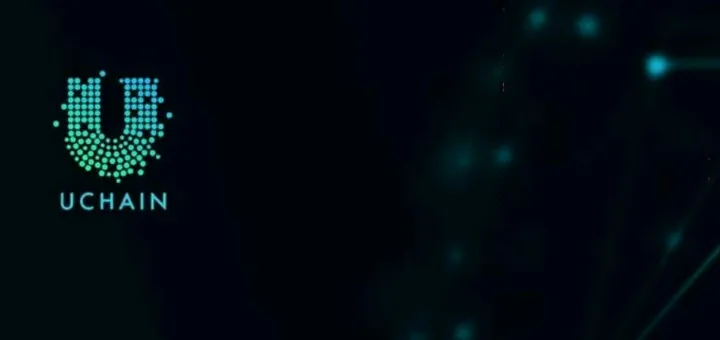
UChain’s Solutions
UChain is first bringing decentralization into the system by using the disruptive technology – the Blockchain. Now, your data will no longer be in the hands of manipulative middlemen but secretly and securely on the blockchain. You’re likely the only one with access to your data; except if you share it.
UChain will solve the problem of high transaction costs by cutting off intermediaries and in extension, reducing transaction fees by 20%. It will also function as a transaction certificate that authenticates peer-to-peer transactions on its blockchain.
For efficiency, it is utilizing the smart contract technology in the course of every transaction. UChain is also poised to use its token during transactions and by doing this, risks and excessive costs associated with the traditional shared economy.
UChain is also bringing on the User Credit Passport feature using the blockchain technology. This is vested with the responsibility of noting each user’s credit history and will broadcast and store such in nodes on its network.
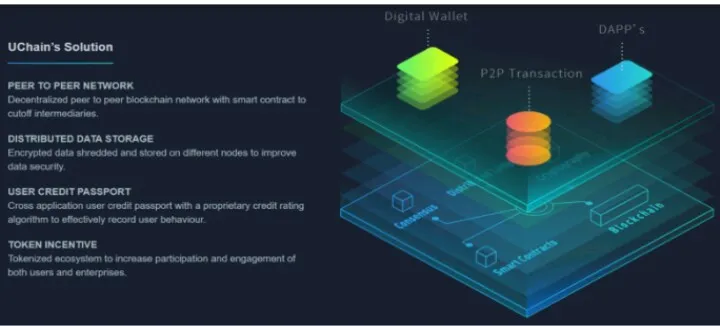
As a user, your data such as transaction records, property and identity information will be obtained and securely stored in a decentralized and distributed storage scheme that will locked with a private key. So you are the only one with access to your data and not just any middleman that can tamper with and use your data unfavorably.
UChain is also offering a new lease of life to shared economy by bringing a value recreation approach. UChain will use the sharing economy 2.0 that will be an opposite of what was obtainable in the traditional shared economy – sharing economy 1.0.
You don’t need an intermediary or middle to transact on UChain; the transaction is between you and the service provider. By using its token, UCN, you can develop your Decentralized Applications (Dapps). Developers can issue their token to service users in exchange for the UChain token, UCN.
Structure
UChain is using four layers such as service layer, core blockchain layer, application layer and API/SDK layer. So no matter what service you want to render, be sure that UChain has the necessary tools to make your dreams come true.
##TEAM
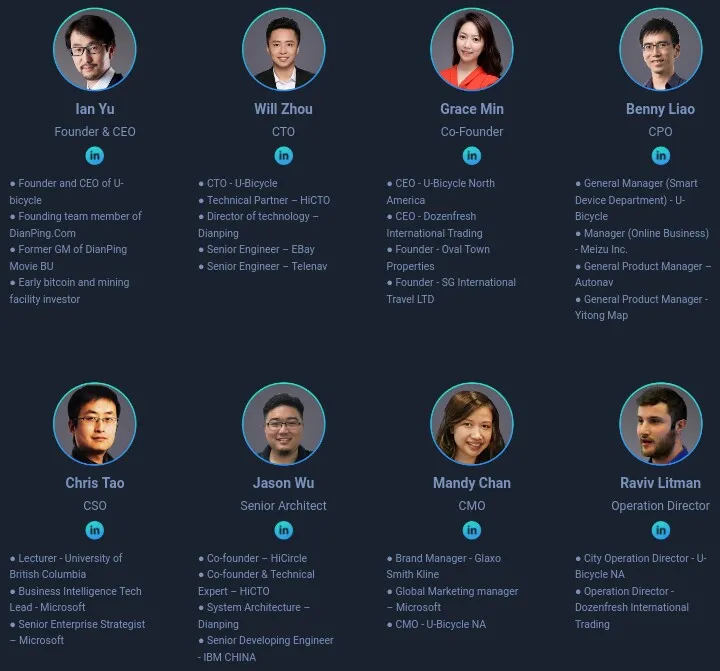
ADVISORS
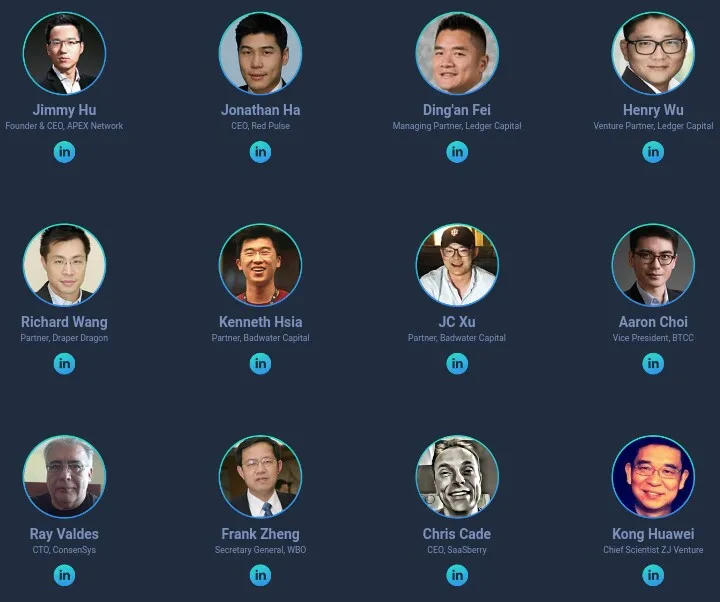
PARTNERS
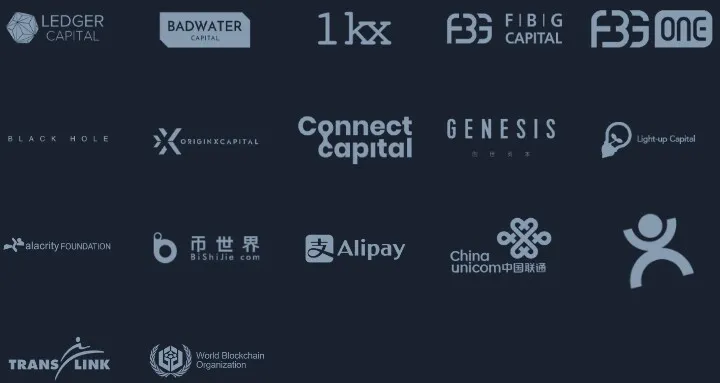
Conclusion
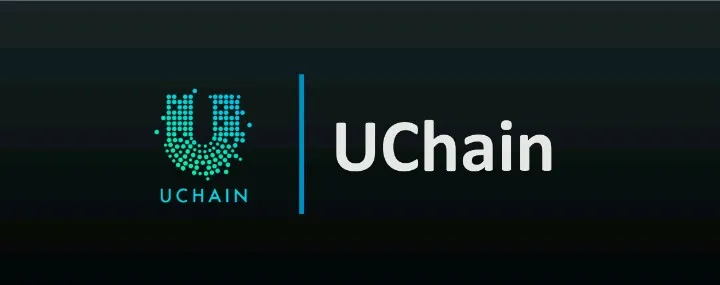 UChain is not centralized to the shared economy alone; its scope extends to Decentralized Applications (Dapps). Both private developers and businesses can develop and issue out their Dapps in exchange for money or the UCN token.
UChain is not centralized to the shared economy alone; its scope extends to Decentralized Applications (Dapps). Both private developers and businesses can develop and issue out their Dapps in exchange for money or the UCN token.
If you’ve been having problems using traditional shared economy platforms such as Uber and Airbnb, I suggest you try using UChain. UChain is one of the best shared economy platforms that have been hinged on the blockchain.
Combine all these with an awesome Team, Advisors and Partners, and you have a recipe for success.
To learn more about Uchain, kindly check the links below:
Website: https://uchain.world
Whitepaper: https://uchain.world/css/img/pdf/uchain-whitepaper-dbe5656d6c.pdf
Blog: https://medium.com/@uchain
Twitter: https://twitter.com/UChainEcosystem
Telegram: https://t.me/UchainEcosystem
Writer: Collinberg
Bitcointalk Profile Link: https://bitcointalk.org/index.php?action=profile;u=1532780